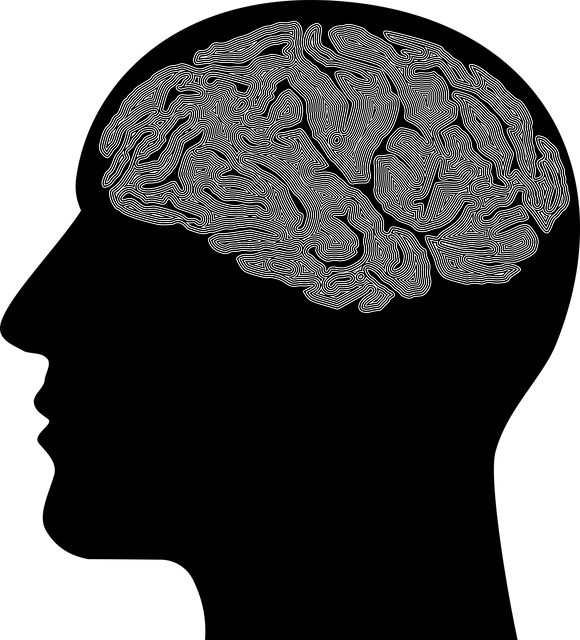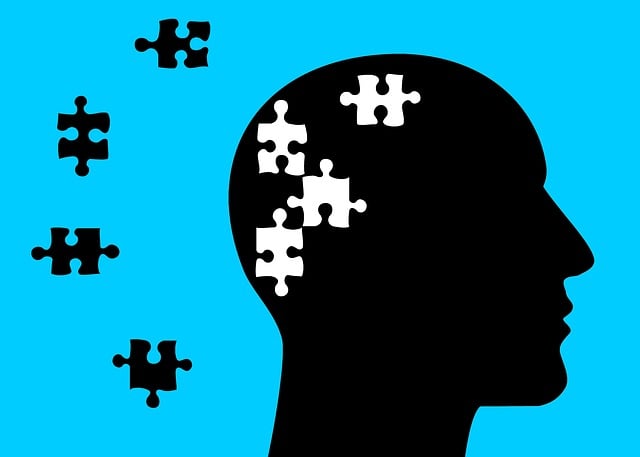Cultural competency in healthcare is vital for meeting the distinct mental health needs of Spanish-speaking young adults from diverse ethnic and racial backgrounds. Overcoming language barriers and cultural misunderstandings through interpreter services, multilingual resources, and basic Spanish phrases enhances communication, builds trust, and allows therapists to explore culturally relevant factors like family dynamics and community support networks. Specialized training programs that incorporate workshops, role-playing, case studies, burnout prevention, crisis intervention, and coping skill development ensure healthcare providers are equipped to deliver inclusive care tailored to these young adults' unique cultural contexts, ultimately improving patient outcomes.
“Cultural competency training is a vital tool in modern healthcare, especially when catering to diverse populations like young adults and Spanish-speaking individuals. This article explores the significance of cultural sensitivity in medical settings, focusing on its impact on therapy for young adults and those who speak Spanish as their first language. We delve into effective training strategies, highlighting real-world success stories that demonstrate how these programs enhance patient care and outcomes.”
- Understanding Cultural Competency in Healthcare: Why It Matters for Young Adults
- The Impact of Language Barriers on Therapy for Spanish-Speaking Individuals
- Designing Effective Training Programs to Enhance Cultural Sensitivity
- Real-World Applications: Success Stories of Cultural Competency Training in Action
Understanding Cultural Competency in Healthcare: Why It Matters for Young Adults

Cultural competency in healthcare refers to the ability of providers to understand, appreciate, and respect diverse cultural backgrounds, beliefs, and practices among patients. This is especially crucial when serving young adults, a demographic often facing unique challenges related to mental health. In today’s diverse society, many young adults identify as part of minority ethnic or racial groups, and their cultural identities significantly influence their healthcare experiences and outcomes.
For Spanish-speaking young adults seeking therapy, cultural competency is vital. Effective communication and understanding of their specific needs can only be achieved when healthcare providers are trained in cultural sensitivity. This includes proficiency in language, awareness of cultural nuances related to mental health, and an ability to provide services that align with the patient’s values and beliefs. By incorporating Mental Health Policy Analysis and Advocacy, designing comprehensive Mental Health Education Programs, and even practices like Mindfulness Meditation, healthcare providers can create inclusive environments fostering trust and positive outcomes for this population.
The Impact of Language Barriers on Therapy for Spanish-Speaking Individuals

For Spanish-speaking individuals seeking therapy, language barriers can significantly impact their treatment experience. Effective communication is a cornerstone of successful therapy, and when language gets in the way, it may hinder progress. These barriers can cause misunderstandings, miscommunication, and even mistrust between the client and healthcare provider. For young adults from Hispanic or Latino backgrounds who often face unique cultural and social challenges, this can be especially detrimental to their mental wellness.
Overcoming these language obstacles is crucial for providing quality care. Healthcare providers should consider employing qualified interpreters, utilizing multilingual resources, or learning basic Spanish phrases to facilitate better engagement. This proactive approach ensures that Spanish-speaking clients receive the same level of care and anxiety relief as their English-speaking counterparts. Moreover, by bridging this gap, therapists can explore cultural aspects influencing mental health, such as family dynamics and community support networks, which may be integral to effective conflict resolution techniques in these populations.
Designing Effective Training Programs to Enhance Cultural Sensitivity

Effective cultural competency training programs are designed to foster a deeper understanding and appreciation of diverse cultures within healthcare settings. These initiatives are especially crucial when catering to communities like Spanish-speaking young adults who may face unique challenges navigating the healthcare system. Training should go beyond surface-level awareness, focusing on interactive workshops, role-playing scenarios, and real-life case studies to immerse participants in different cultural contexts. By engaging with these activities, healthcare providers can develop essential skills for delivering culturally sensitive therapy.
Integrating burnout prevention strategies for healthcare providers into the curriculum is vital as these professionals often face high-stress environments. Crisis intervention guidance and coping skills development are key components that enable providers to support not only their patients but also themselves. Through comprehensive training, healthcare workers can better serve Spanish-speaking young adults by addressing language barriers, cultural misunderstandings, and promoting inclusive care practices, ultimately improving patient outcomes and overall well-being.
Real-World Applications: Success Stories of Cultural Competency Training in Action

Cultural competency training has proven to be a game-changer in healthcare, especially when tailored for specific communities. One notable success story involves Spanish-speaking young adults. By implementing specialized programs focused on language accessibility and cultural nuances, healthcare providers have significantly improved therapy outcomes for this demographic. These initiatives ensure that young adults from Hispanic or Latinx backgrounds receive the mental health support they need, bridging the gap in public awareness campaigns about their unique challenges and needs.
Furthermore, such training has been instrumental in preventing burnout among healthcare professionals working with diverse populations. By fostering a deeper understanding of cultural contexts, providers can offer more personalized care, reducing the risk of exhaustion. This not only benefits practitioners but also contributes to enhanced mental health awareness within these communities, creating a supportive environment where individuals feel comfortable seeking therapy and navigating their journeys toward improved well-being.
Cultural competency training is a vital tool to enhance healthcare delivery, especially when addressing the unique needs of young adults and Spanish-speaking individuals. By designing effective programs that focus on language proficiency and cultural sensitivity, healthcare providers can improve patient outcomes and create inclusive environments. The success stories highlighted in this article demonstrate the transformative power of such training, ensuring that every patient receives respectful, accessible, and quality care tailored to their background and preferences.












